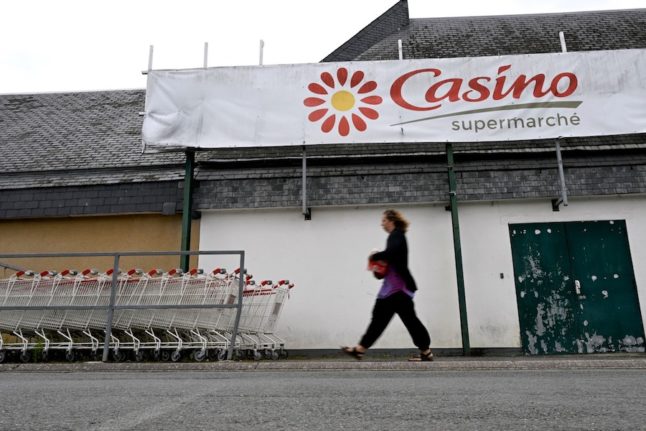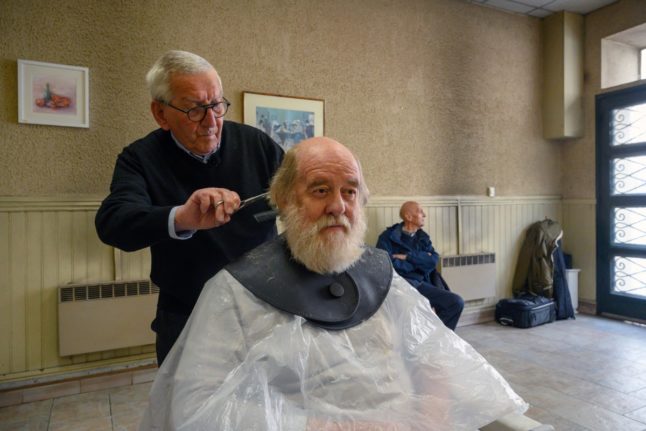The revamp comes as the Saint Etienne-based group moves on from the three-decade reign of Jean-Charles Naouri. That ended with the arrival in March of Kretinsky at the head of a group of main creditors who oversaw a debt restructuring deal.
Casino, which lost €5.7 billion in 2023, is to sell off hundreds of super- and hypermarket stores across France.
The group said it would consult with unions and other stakeholders on May 6 to unveil plans to safeguard most of the nearly 30,000 people it employs in France.
Saint Etienne mayor Gael Perdriau said he expected to meet the new management team soon “to consolidate the group’s presence” in the eastern-central city.
Restructuring its operations to emerge from its debt mountain has forced Casino to sell off most of its larger-format shops to rivals Intermarche, Auchan and Carrefour. The group will keep operating its Monoprix and Franprix chains.
Until the end of 2022, Casino employed some 200,000 people worldwide and 50,000 in France. Today that is down to 28,212, the vast majority of those jobs in France.
CEO Philippe Palazzi said in a statement that “this transformation project” would play a key role in putting Casino back on an even keel.
Casino also announced an unusually long, 10-year purchasing alliance with rivals Intermarche and Auchan to “maintain and develop long-term partnerships with the agricultural world and French industrial players”.
Shares in the group were down 0.3 percent mid-afternoon at €0.030.



 Please whitelist us to continue reading.
Please whitelist us to continue reading.
Member comments